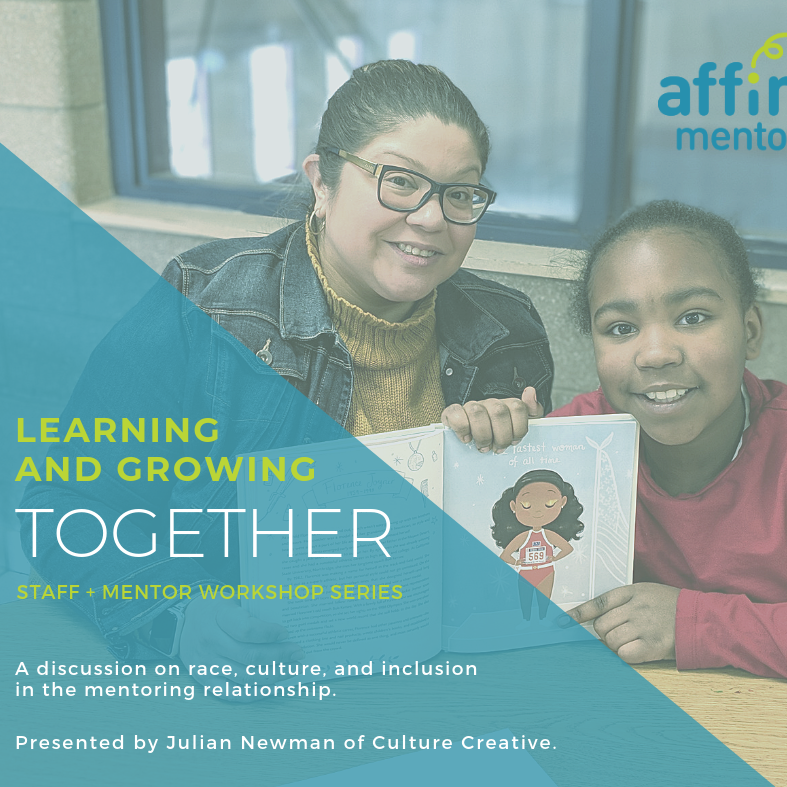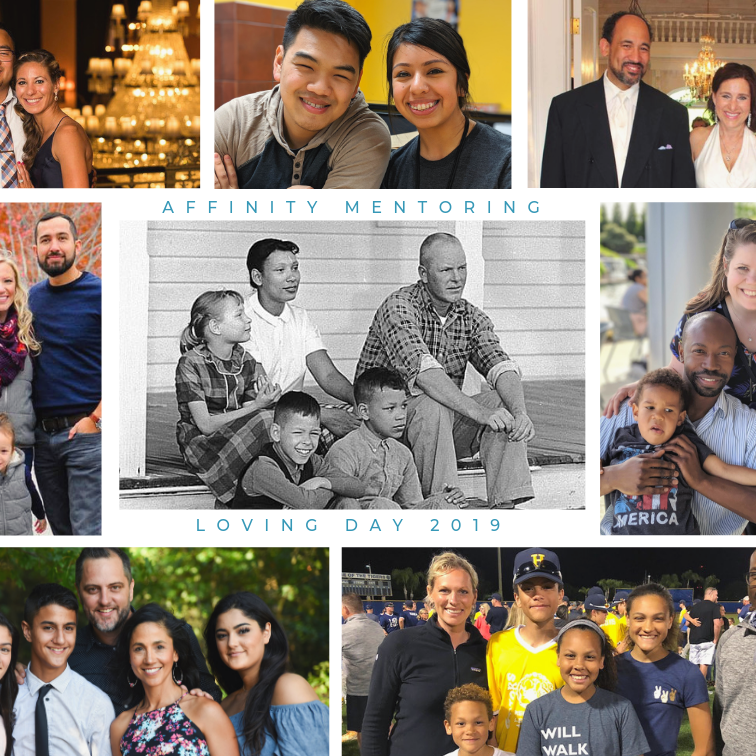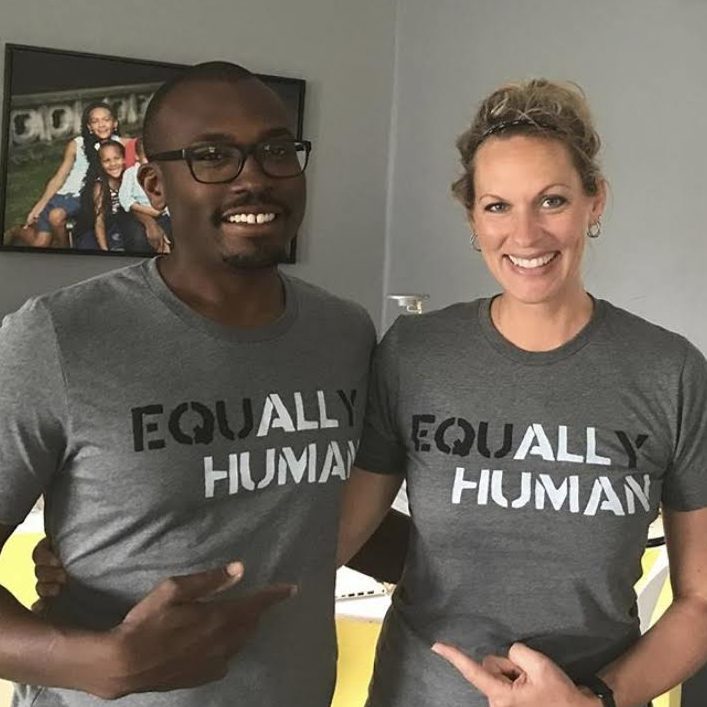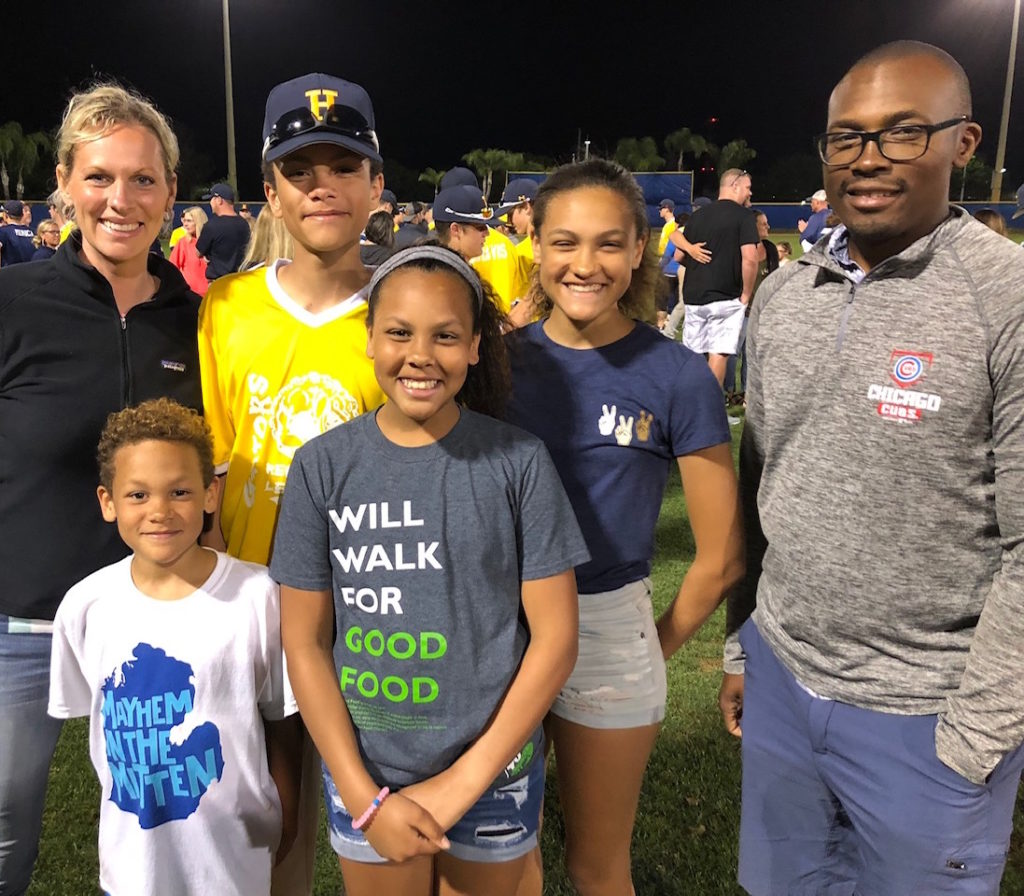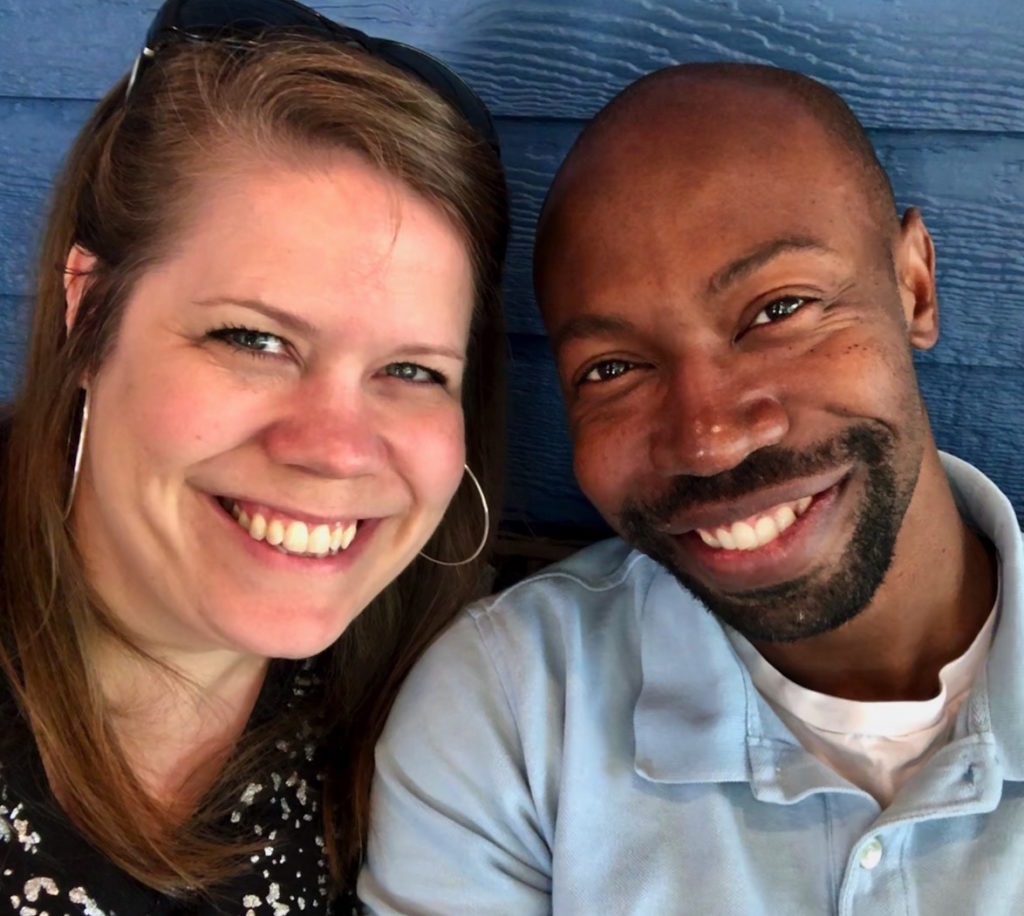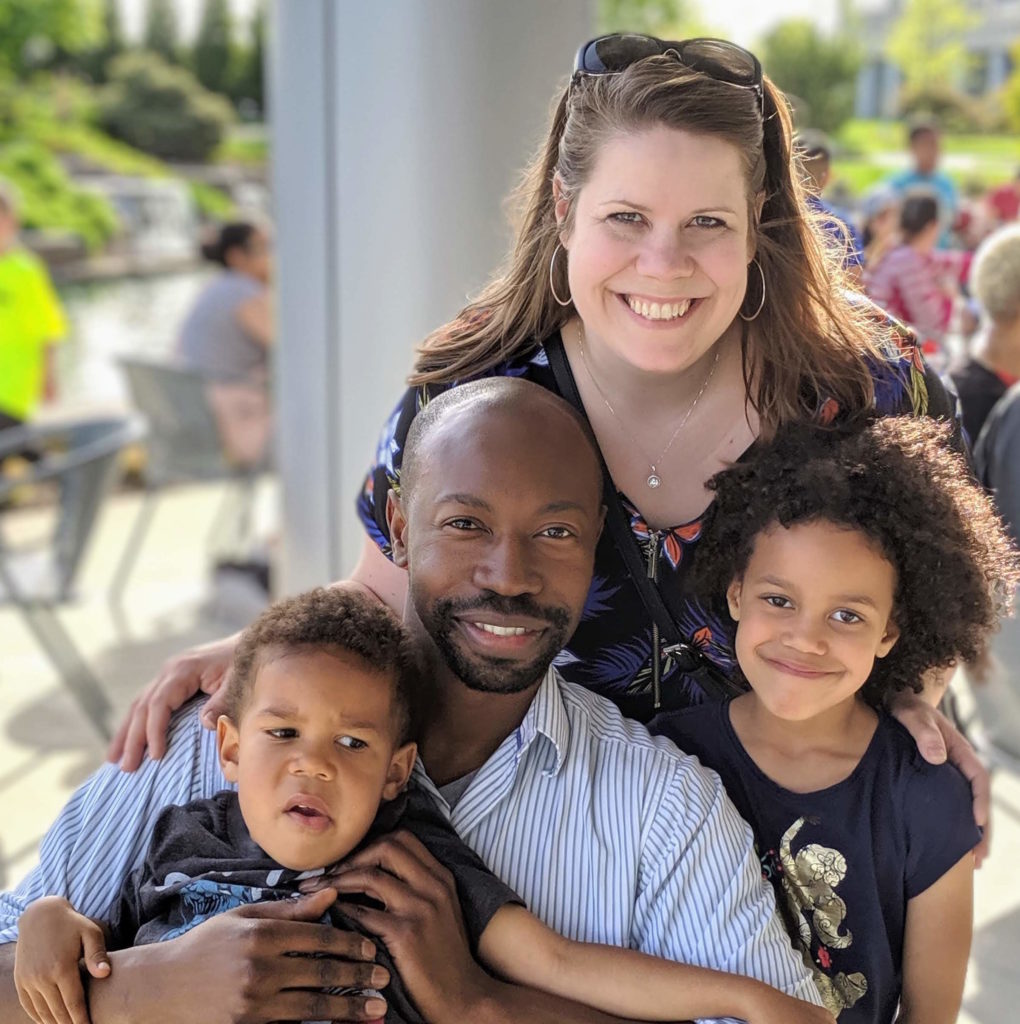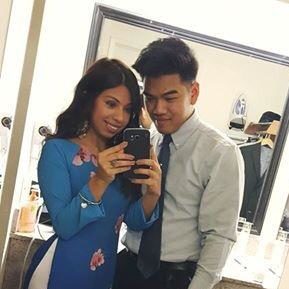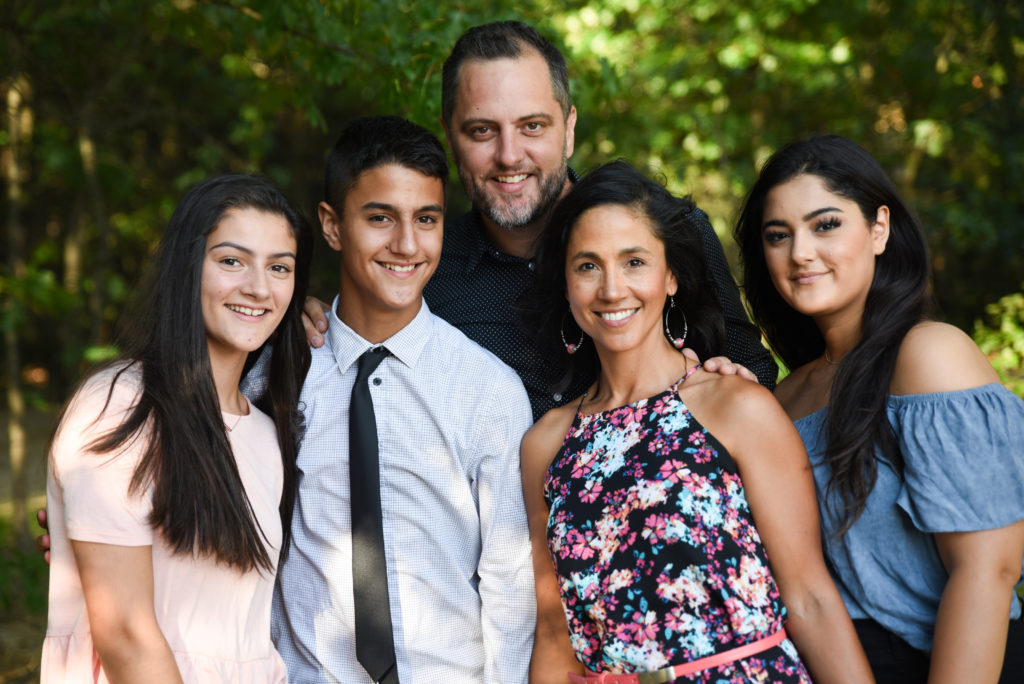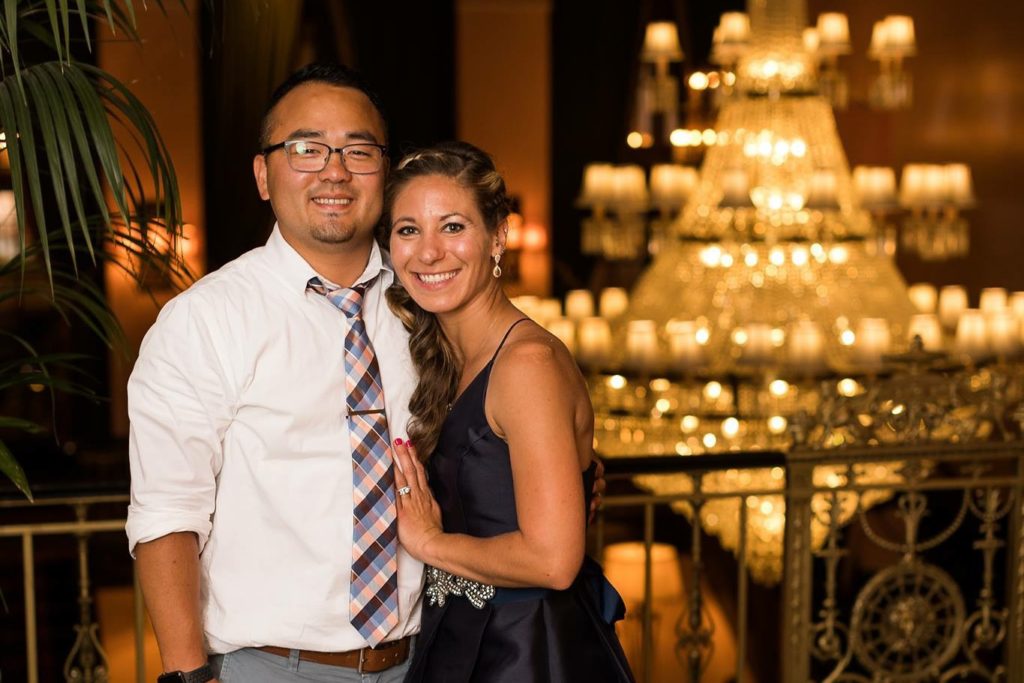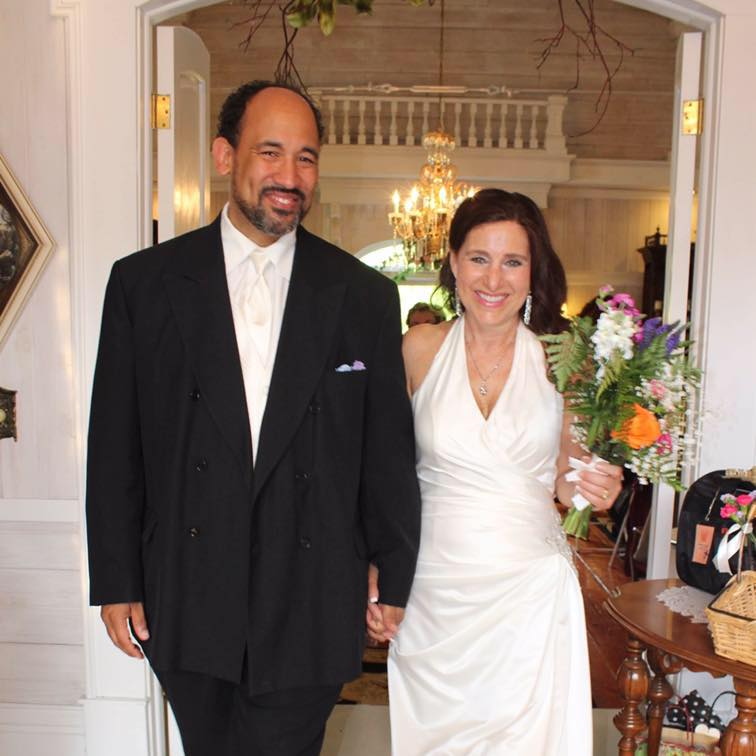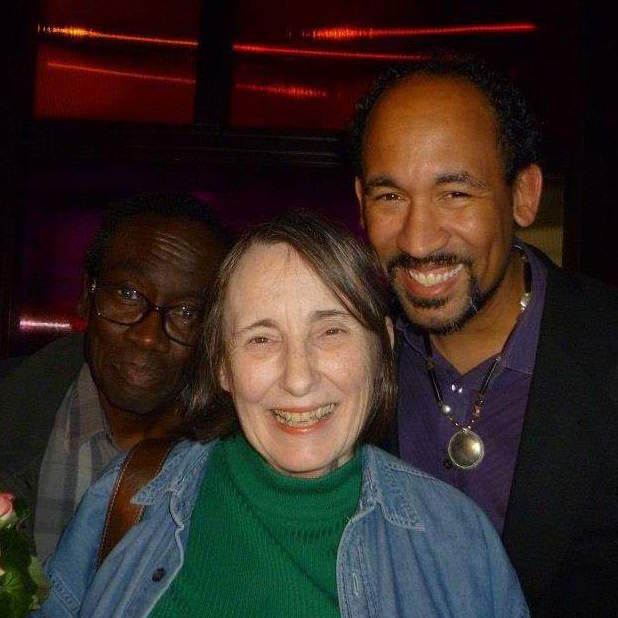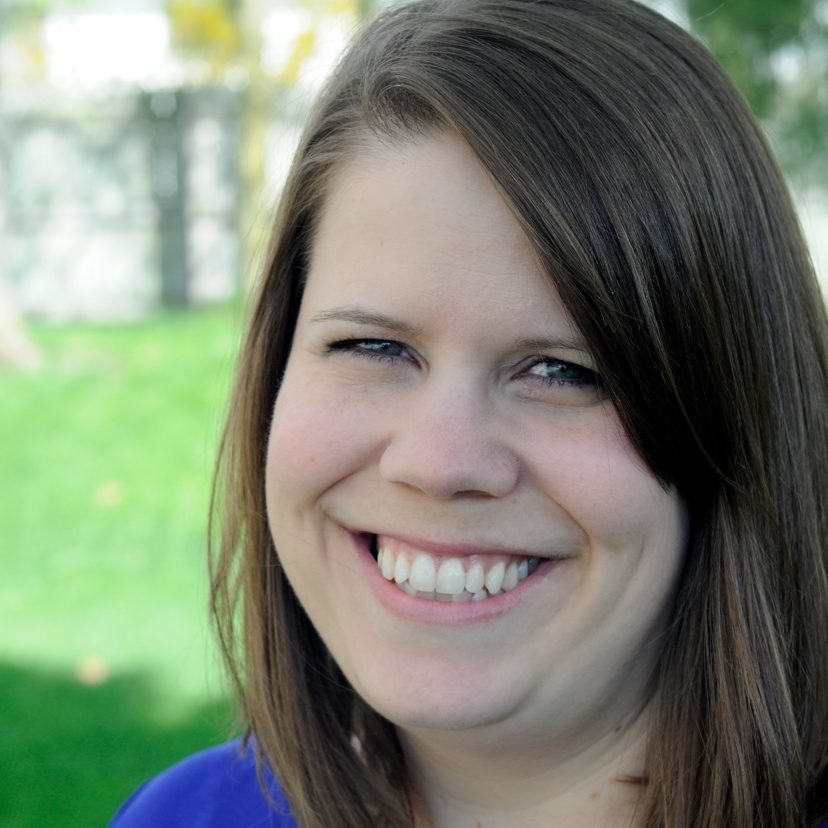An interview with Affinity Mentoring’s Executive Director, Laura Ward, about Affinity’s Journey to Independence.
Affinity’s Journey
In 2001 Mars Hill Bible Church launched the Mars Hill Mentorship Program at Burton Elementary with 8 matches under the umbrella of Kids Hope USA’s “one church, one school” mentorship model. Over the years, this program grew to serve more than 150 matches a year and had a large network of support and passionate volunteers. However, there was still a greater need for more mentors and more schools.
With 15 years of experience and a deep desire to become more inclusive and diverse, Affinity Mentoring was born as a 501c3 independent nonprofit in 2016. Affinity’s vision was to broaden our impact by engaging more schools, serving more students, diversifying our team, and cultivating relationships with more community partners.
As we begin a new school year we wanted to reflect on where we’ve been and where we want to go. So we sat down with our Executive Director, Laura Ward to hear more about Affinity’s journey to independence. In the last 4 years Affinity has:
- established a board of directors,
- received 501(c)(3) nonprofit status,
- transitioned operations to Affinity (accounting, bookkeeping, and became its own employer of record),
- developed a recurring giving program, and
- secured more sustainable funding to replace Mars Hill funding.
Expanded Community Partnerships
“We believe community collaborations build stronger communities. We’ve gone from a few to more than 20. What we’ve seen is that one person volunteers to mentor and then they share that experience with a co-worker or supervisor. Soon after it starts to spread organically throughout the department and organization,” says Laura.
“I’m excited to see is that businesses are looking for tangible ways to deepen relationships in the community in a lasting and deep impactful way. Mentoring is one way to do that,” explains Laura. “What we’ve seen from our partners is that people are really enjoying the experience. They are connecting more deeply with the community, a widened world-view, and are meeting more people from their own organization from different departments.”
Diversity and Inclusion Initiatives
Affinity staff: Monica Zavala and Angela Reyna
At Affinity’s core is the belief that it takes all of us to lift up students in a supportive network. Laura states, “It’s really important that all kids know who they are and what they want to be regardless of what society tells them. Our job is to listen and journey with them to help them discover that for themselves.” Affinity understands mentoring is not the “silver bullet” but a small piece of the puzzle.
“As kids are growing and developing they’re discovering where they belong and who they are. It’s so important for them to have someone to journey with them that has had similar experiences. With the right support, students can see they don’t have to give up their native language or culture in order to belong and be successful,” explains Laura.
Following our Strategic Plan, we have attracted and retained more diverse mentors, staff, and board members. “Our team right now is awesome,” smiles Laura. “Our whole team speaks Spanish and have a background in social work, nonprofit management, and/or community engagement. Several members of our team grew up in the neighborhoods where we work.”
“We’ve only had our board for a year and half, and to grow the board to 10 people and have it as diverse as it is is amazing. They are so dedicated and astute. They ask good questions and they’re invested. They’re always thinking about the here and now as well as the longterm vision and how to get there.”
Long-term Sustainability
Before entering this journey to independence our mentorship program was fully funded through Mars Hill. “Our independence means that Mars Hill is now a community partner instead of a parent organization,” explains Laura. “This next year is Affinity’s last year in the five year transition plan (the grant from Mars Hill ends in June 2020). As we grow and expand we are working on increasing funding from other sources to replace this grant funding and overall lessen our need on grants in general,” says Laura.
2017-2018 Revenue Sources
“We’ve gone from one revenue stream to five. It’s on my mind on a daily basis. The one thing we know is there’s needs to be diverse revenue streams. It’s been a heavy lift,” she explains.
“Getting Herman Miller Cares and Wege Foundation funding was a huge win. Because we’re working with kids and our work is so relational the funding needs to be sustainable. We can’t expand to another site until we’ve secured more sustainable funding,” Laura remarks.
The Future of Affinity
“There is plenty of research to show that mentoring doesn’t work - QUALITY mentoring works,” Laura explains.
Increasing Affinity’s organizational capacity is one of the key focus areas because there is a high demand for mentoring services, “it’s a balance between quantity and quality,” says Laura.
“My dream is for Affinity to be to provide mentoring for youth, throughout West Michigan, all the way through their educational experience, and even post-secondary,” says Laura.
Affinity is currently developing an expansion plan by identifying what are the next schools we’ll expand to and creating a strategic plan. Our hope is that we will be able to add a 4th school partnership by next fall. Then be able to add more schools in a regular rhythm.
Champion Affinity In Your Own Way
As we continue on our path toward sustainability and expansion, we need your continued support. Nearly 1⁄4 of our funding comes from individuals giving monthly. It may seem a small or insignificant, but we can assure you it’s not. Monthly match sponsors provide dependable sustainable funding to ensure participants experience quality mentoring.
Thank you all for your continued support, partnership, and love!

